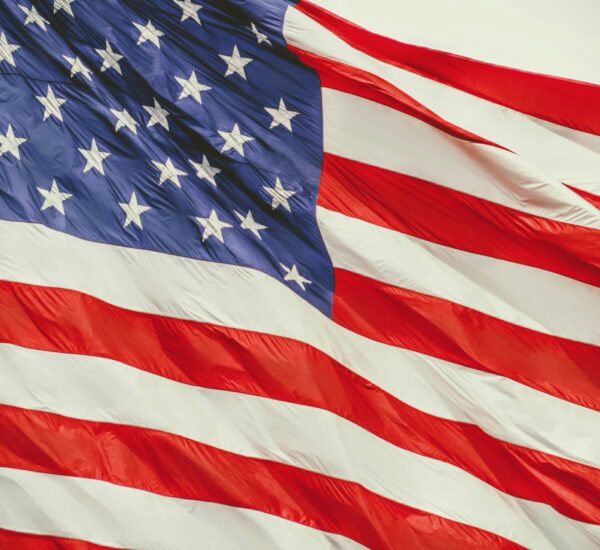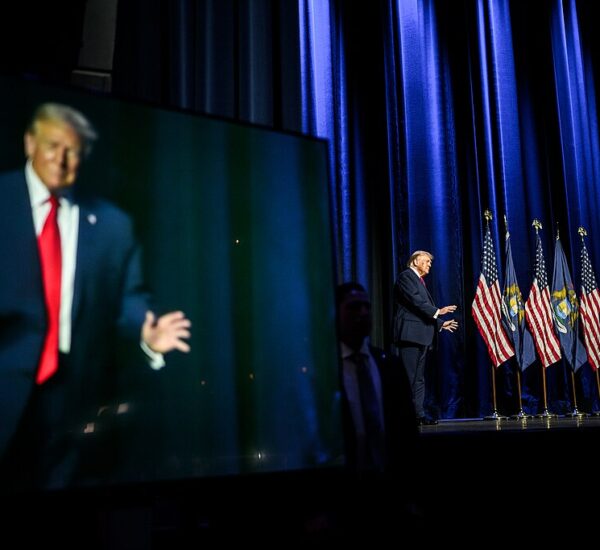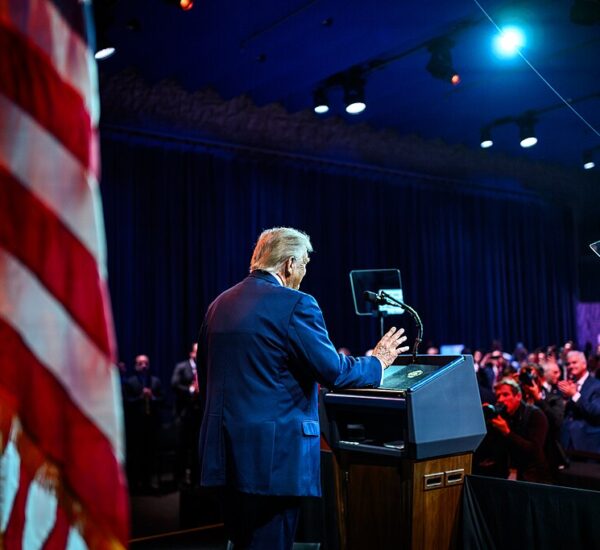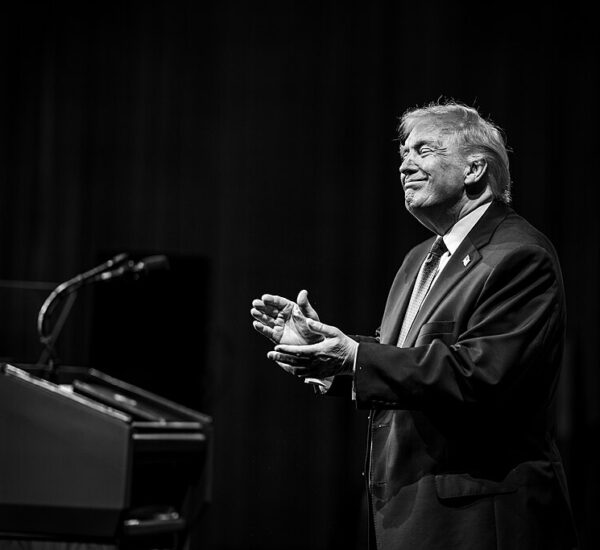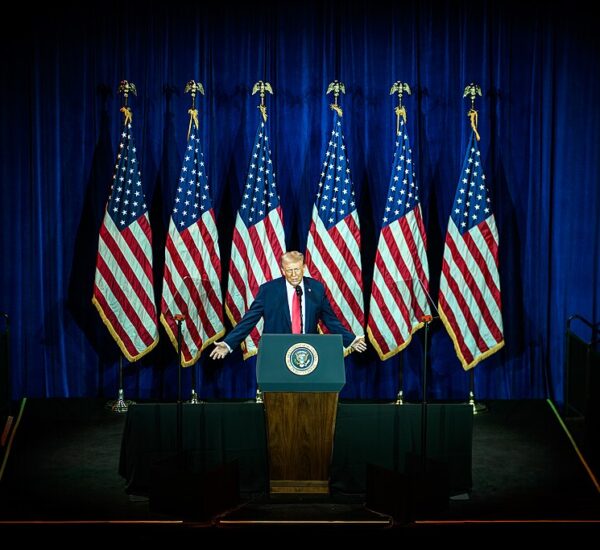Court Hands Trump Key Win
D.C. Appeals Court Rules AP Can Be Barred from Oval Office, Other Sensitive Areas
In a major legal win for the Trump administration, a federal appeals court ruled Friday that the White House can temporarily bar The Associated Press from key areas like the Oval Office and Air Force One.
The 2-1 decision, issued by the U.S. Court of Appeals for the District of Columbia, put a hold on a previous order that had demanded the AP be reinstated to the presidential press pool. That press pool includes a select group of reporters who cover the president’s movements in close proximity.
Trump Administration Defends Presidential Privilege
The legal battle began when the AP refused to adopt the term “Gulf of America” in its editorial stylebook—a move viewed by the Trump White House as politically motivated.
Judge Neomi Rao, writing for the majority and joined by fellow Trump appointee Judge Gregory Katsas, stated that the White House is under no obligation to admit media outlets whose conduct or viewpoints conflict with presidential discretion.
“Restricted presidential spaces are not public forums,” Rao wrote. “The White House retains the right to choose who gains access—especially in sensitive, secure areas.”
The court emphasized that without a stay, the ruling would cause “irreparable harm” to the president’s ability to manage private workspaces and maintain security and discipline within his administration.
Media Bias and Longstanding Press Traditions Challenged
While critics claim the decision undermines decades of press access norms, supporters argue it corrects a long-standing double standard in how legacy media outlets have treated conservative administrations.
District Judge Trevor McFadden had earlier ruled in favor of the AP, citing their long-standing participation in the press pool. But the appeals panel rejected that argument.
“Tradition does not grant the AP a permanent seat in the Oval Office,” the court wrote. “Viewpoint matters.”
Obama Appointee Objects in Dissent
Judge Cornelia Pillard, appointed by President Obama, issued a dissenting opinion claiming the decision could chill press freedom.
But many conservatives argue that press freedom is not press entitlement—especially when corporate media outlets refuse to cover the administration fairly.
Restructuring the Press Pool
After McFadden’s ruling, the Trump administration swiftly restructured the press pool, eliminating the reserved wire service seat and integrating all outlets—including AP—into a new rotating selection process.
The Justice Department defended this approach, emphasizing that areas like the Oval Office and Air Force One are not press facilities, but personal presidential spaces.
Attorneys for the AP disagreed, but even they conceded that the president has the authority to adjust the daily press list as he sees fit.
AP spokesman Patrick Maks called the court’s decision “disappointing” and said the outlet is exploring its legal options.
A Win for Fair Coverage and Executive Control
For many Trump supporters, the ruling is a step toward rebalancing the media landscape, which has long shown bias against conservative leaders.
By reinforcing executive authority over access, the court affirms that no news outlet is entitled to the president’s private time or secure spaces—especially when it refuses to show basic neutrality.

